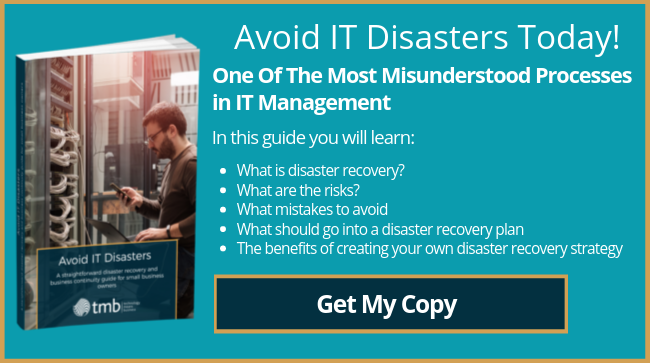The Dangers of NOT Having 24/7 Data Backups
- Anthony
- September 23, 2020
- 02:21 PM
- No Comments
 Data is one of your most important assets. Customer relationships, marketing strategies, business intelligence, and much more all depend on your core data, so virtually nobody with experience of computer use can be unaware of the importance of backups, or the potential severity of lost data. These losses can be especially devastating for smaller businesses with locally stored sales and customer data.
Data is one of your most important assets. Customer relationships, marketing strategies, business intelligence, and much more all depend on your core data, so virtually nobody with experience of computer use can be unaware of the importance of backups, or the potential severity of lost data. These losses can be especially devastating for smaller businesses with locally stored sales and customer data.
 However, it is not just financial and customer data that is important. Internal communications, ongoing sales processes, work-in-progress, and the more localised data of individual employees are also important. Loss of this data is not only inconvenient, but it also wastes time. Even an hour spent rewriting a lost document is time that could be better spent. Such time need not have been wasted had a 24/7 backup system been in place.
However, it is not just financial and customer data that is important. Internal communications, ongoing sales processes, work-in-progress, and the more localised data of individual employees are also important. Loss of this data is not only inconvenient, but it also wastes time. Even an hour spent rewriting a lost document is time that could be better spent. Such time need not have been wasted had a 24/7 backup system been in place.
Why Many Backup Systems are Inadequate
While most business owners have some backup strategy in place, the risk is that this is flawed. A periodic backup to an external hard drive, flash drive, or tape will provide some coverage, but there are problems to this approach.
1) Firstly, all these media are fallible. At some point, they will inevitably fail themselves. The risk is that this is not realised until the backup is actually needed. At that point, however, it is already too late.
2) Secondly, even if full tape backups are performed nightly, it is still possible to lose an entire day's work in-between. The loss of a day's work can be costly.
3) Thirdly, if backup media is stored in the same premises as the data itself, a catastrophic event like a fire, or even targeted theft, could wipe out everything with no chance of recovery.
4) Finally, many users have not properly considered their business recovery strategy. There is a real risk that backed up data cannot be restored to a workable state. In such cases it is as good as lost.
Best-Practice Backup Strategies
For the above reasons it is important to have a seven day a week, 24 hour a day backup strategy that is:
Offsite: An offsite backup offers much more resilience against catastrophic events.
Reliable: Backup media should be monitored constantly for faults and should themselves include mirroring and redundancy for added security.
Constant: Ideally, any change in the live data should prompt a mirroring to the backup system, thereby maintaining a perfect copy at all times.
Recoverable: Backup systems must restore data seamlessly with as little delay as possible.
For this reason, fully-managed cloud backup systems are becoming increasingly popular with SMEs. With a trusted provider like TMB data is backed up to secure, cloud-based servers, with tried and tested immediate recovery processes. Using a third-party service is also more financially predictable, with regular subscriptions rather than sudden and unexpected outlays. To find out more, give one of our managed IT specialists a call today.
Image source: Pixabay


